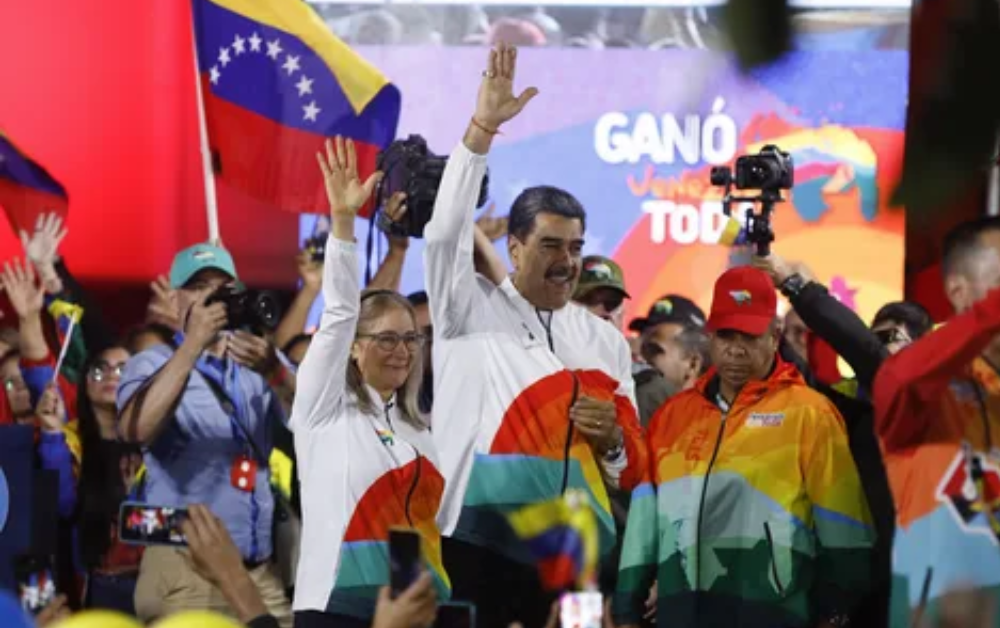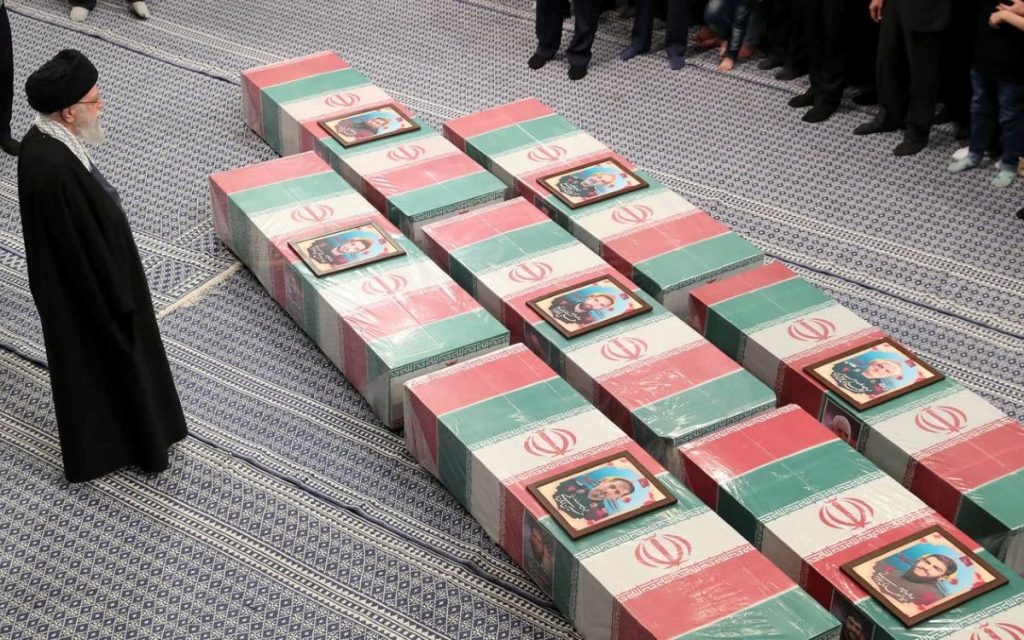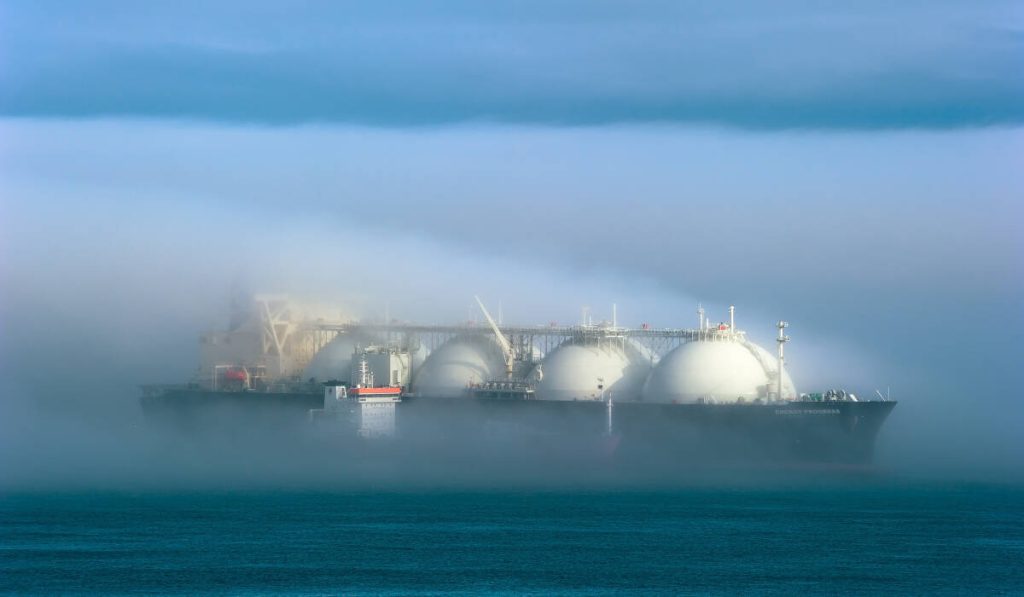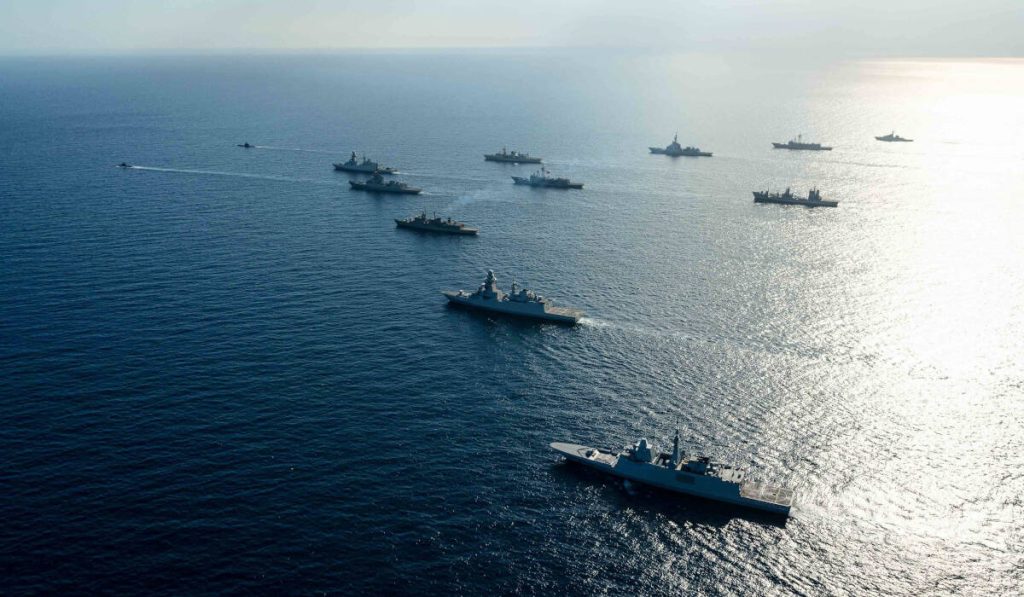The United States continues to exert pressure on Bolivarian Venezuela through a strategy that combines economic, diplomatic, and military tools. While financial and trade sanctions have already hit the Venezuelan economy hard, today attention is focused on the presence of U.S. naval units deployed in the Caribbean and off the Venezuelan coast. Caracas interprets this move as a sign of intimidation and as an attempt to keep Latin America in a state of permanent instability.
The use of the military instrument in this region does not respond to any immediate defensive need but follows the logic of “power projection” that has always characterized Washington’s doctrine. Flying the American flag in front of Venezuela means not only sending a message to Nicolás Maduro but also warning other Latin American governments that are seeking autonomous paths apart from U.S. interests. The political meaning is transparent: those who do not align must expect military as well as economic pressure.
This approach demonstrates the continuity of U.S. foreign policy, despite electoral promises to reduce tensions and prioritize diplomacy. The Monroe Doctrine, reinterpreted in a contemporary key, remains the reference point: Latin America must remain a “backyard” under Washington’s direct influence. Hence the permanent conflict with Caracas, guilty of defending an alternative political model, the Bolivarian one, and of having strengthened alliances with Russia, China, and Iran.
Before the warships, the economic lever was the main weapon. Sanctions struck the oil sector, reducing Venezuela’s ability to export and obtain foreign currency. Justified by the rhetoric of “human rights,” these measures worsened the social and health situation, effectively turning into a silent economic war that directly harmed the civilian population.
The paradox becomes clear when looking inside the United States itself. While Washington presents itself as the defender of democracy in Latin America, deep contradictions are exploding at home. Enormous economic and social inequalities have split the country in two: on one side the elites and wealthy areas, on the other millions of citizens without healthcare, education, or basic state support. Entire communities, especially in declining urban centers, have fallen into the spiral of dependence on synthetic drugs. The spread of fentanyl has turned entire neighborhoods into ghostly scenarios, populated by “zombies” that embody the failure of a social model incapable of guaranteeing dignity to its own citizens.
Venezuela, by contrast, claims to be building a welfare state that, despite countless difficulties, seeks to guarantee universal access to education, healthcare, and essential goods. Maduro insists that the struggle against external pressures concerns not only political sovereignty but also the defense of an alternative model to U.S. neoliberalism.
The presence of American warships off the Venezuelan coast therefore cannot be read as an isolated episode but as part of a broader strategy of destabilization of the entire continent. Behind the rhetoric of security lies the will to maintain geopolitical control and prevent the emergence of independent poles. The contradiction is evident: a country that fails to guarantee social stability to its own citizens stands as a global judge and policeman. This is the greatest fragility of the American model, and at the same time the strength of Bolivarian Venezuela: to resist and to propose a different path, based on sovereignty and social inclusion.









